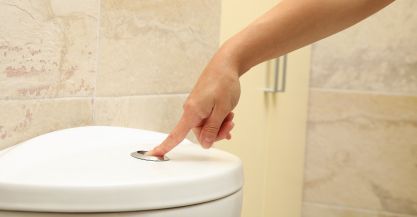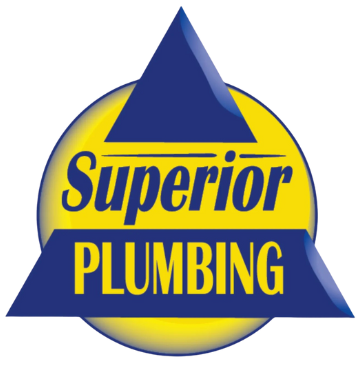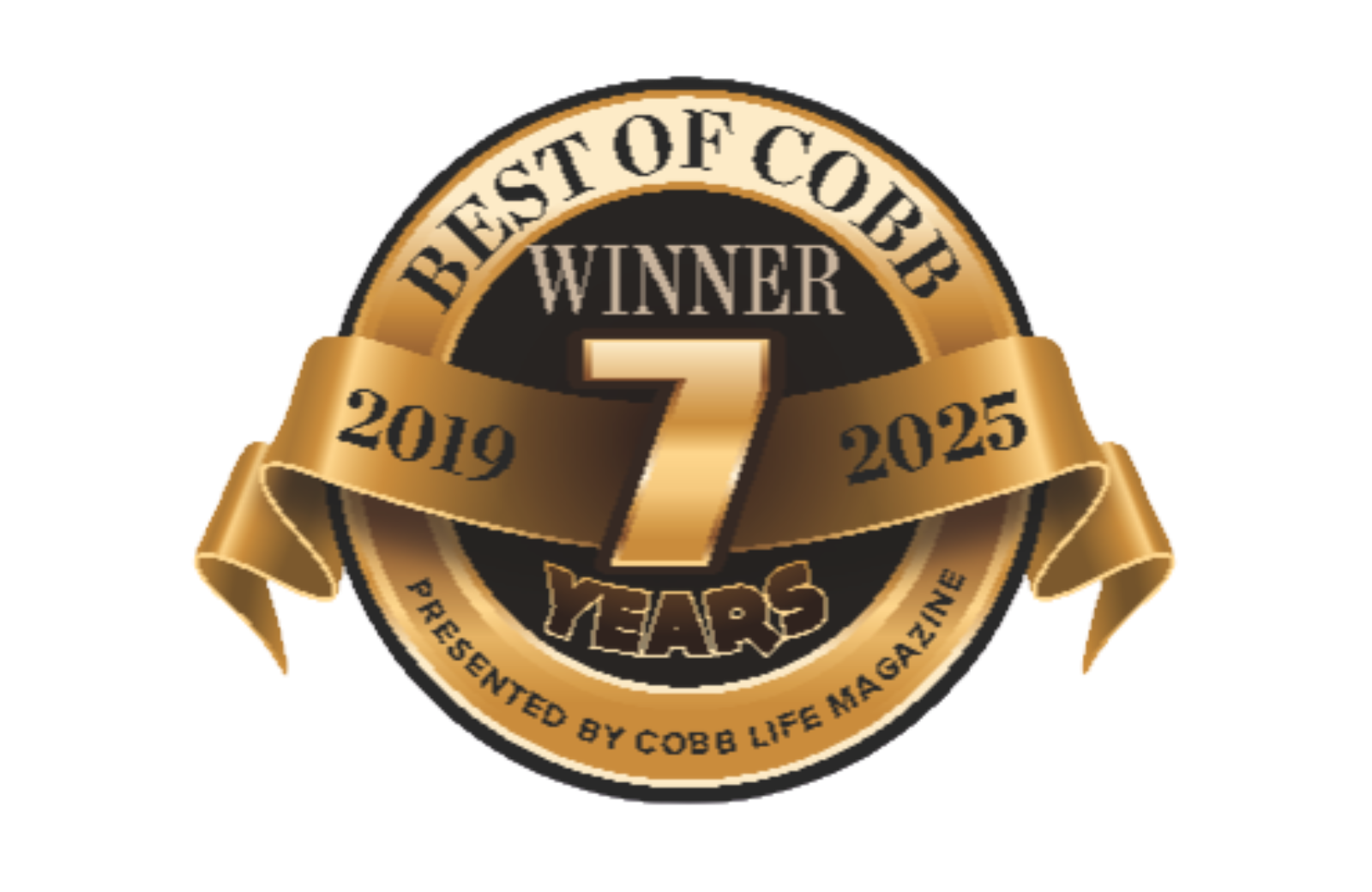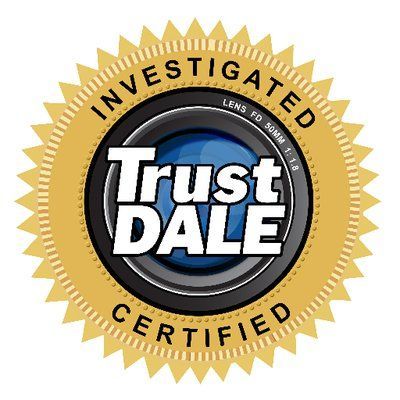Since flushable wipes are advertised as "flushable" and "septic-safe," they can be safely flushed down the toilet, right? The truth is, what may seem like a quick and easy solution for cleaning up mess can become a costly headache if not disposed of properly. That's right; it's not exactly a good idea to flush down flushable wipes. Let's see why.
Are flushable wipes really flushable?
Technically, yes, they can be flushed down the toilet and can clear the U pipe. The problem is not whether they go down the toilet - the real danger is that they do not disintegrate easily. There is a difference between flushable and biodegradable wipes. Toilet paper is made from biodegradable substances like plant cellulose which quickly disintegrate in your home's sewer system. Flushable wipes are wet wipes that use substances that are not biodegradable. Even when the ones that say they are biodegradable, there will be components that take much longer to disintegrate, resulting in sewer clogs. Also, it was found in a study that wipes become less dispersible when stored in a wet medium. It essentially means that wet wipes take longer to disintegrate because of their wet nature.
What happens after the flushable wipes go down the toilet?
The wipes clear out of the toilet drainage but can get clogged in your home's sewer system before they have time to disintegrate. The wipes get entangled with other debris and create a clog big enough to cause a backup in your home plumbing. What debris? In our three decades of drain and sewer cleaning in Atlanta, we have pulled out debris ranging from personal care items to toys and shampoo bottles. The problem with wipes is that they get entangled with such debris and fat flushed down from kitchen pipes to create a tough clog. Even if the wipes clear your home's sewer system, they get congealed with fat in the municipal sewer systems to cause 'fatbergs.' Fatbergs are just that - a congealed mass of fat and debris - mostly wipes. They are just as dangerous as icebergs - fatbergs are dangerous to clean, not to mention extremely gross because they need manual cleaning.
Since the pandemic, utilities are increasingly needing to clean out clogs caused by flushed wipes. Face masks and gloves are also increasingly being seen in municipal sewers.
Most people do not realize that flushable wipes can become such big 'obstacles.' Out of the toilet doesn't necessarily mean out of the sewer system. That is why we regularly advise homeowners to avoid flushing anything other than toilet paper.
What is the best way to dispose of flushable wipes?
If you must use wipes, the best way to dispose of them is to put them in the trash. Most of the wipes are not really biodegradable, so they can't be recycled either. It just takes a little bit of your time and effort, but think of the big, heavy, hard-to-budge fatbergs that the utilities will have to clean.
How do I know if the wipes I flushed are causing a clog?
If you've been flushing down wipes for some time, and suspect a clog in your home's sewer, look out for these signs -
- The drains and toilets flush slowly
- There is a gurgling sound while flushing
- Unpleasant odors from the drains
- Backup in the drains

If you see any of these signs, contact a plumbing expert in Atlanta for an inspection right away. Delaying drain or sewer cleaning can cause the clogs to become bigger, harder and costlier to remove.
So, the next time you reach for the flushable wipes to clean up a mess, think twice before flushing them down the toilet. If you have any questions about what can and cannot be flushed down your toilet or drain,
give us a call. We're always happy to help!








